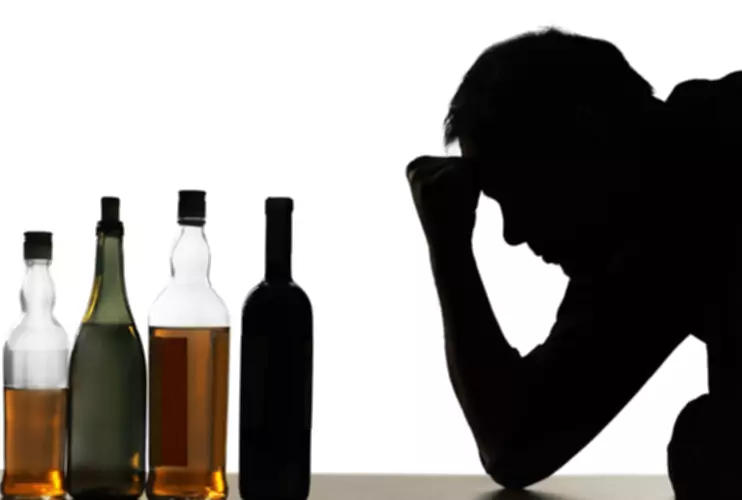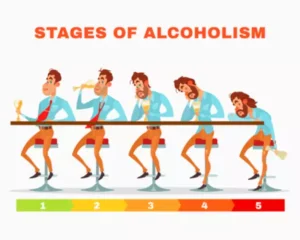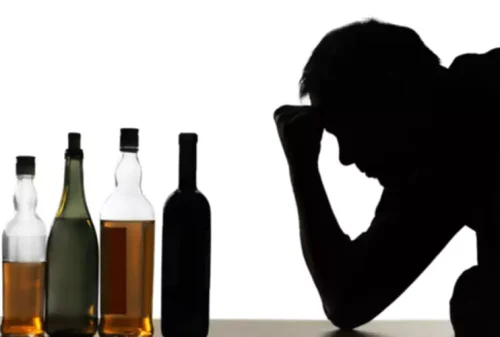
Experiencing shaky hands after drinking is a frequent outcome of excessive alcohol consumption. It’s important to remember that even if you don’t feel drunk, consuming too much alcohol can still lead to trembling hands. These tremors are also called “alcohol tremors” or “alcohol shakes.” (3) This condition occurs when someone drinks alcohol excessively for a prolonged period. If you’ve been experiencing fear or intense anxiety as you move forward with detox, these shakes can be even more intense. Those who have struggled with long-term, chronic alcohol dependency may experience shakes throughout the entire withdrawal process and sometimes even weeks beyond that.
What Should I Do If I Suspect I May Have Delirium Tremens?

John’s strengths are being able to work in any clinical area of the Elevate Program. John is very passionate about helping people and making sure things are not falling through the cracks. Our team is available 24 hours a day, 7 days a week to answer any questions you may have. If you or someone you know is experiencing symptoms of DTs, get to a hospital ASAP.
How to Treat Alcohol Shakes
It’s recommended to aim for 7-9 hours of restful sleep each night to allow your body the necessary time to heal and recuperate. Steer clear of sugary and processed foods as they can lead to energy level fluctuations and potentially exacerbate alcohol withdrawal symptoms. Focus on nourishing your body with wholesome, nutrient-dense foods that supply the necessary sustenance for recovery.
Embrace Your Recovery Journey with the Help of Our Florida Detox and Treatment Center. Sobriety Begins Here.
- In the case of long-term alcoholics, though, shakes can be a sign of delirium tremens, which is a very serious condition.
- Symptoms of ARBD and ARBI include minor changes in your ability to think or remember things.
- If you experience symptoms of Delirium Tremens, seek medical help immediately.
- It may be necessary for family or loved ones to make decisions if you can’t make choices for yourself.
- If drinking continues, the brain adapts by increasing glutamate activity and decreasing GABA activity.
It’s estimated that drug addiction about 4-5 percent of people undergoing alcohol withdrawal experience the DTs. Even side effects like vomiting and sweating can contribute to dangerous dehydration, which can be deadly. Because of this, detoxification from alcohol should always be done under medical supervision. Side effects from alcohol withdrawal range from mild to severe, and some are life-threatening.
- Alcohol shakes occur after a period of heavy drinking and are a sign of the body dealing with alcohol withdrawal.
- They may limit themselves to a certain number of drinks per hour and will need a dedicated monitor to keep tabs.
- Alcohol withdrawal symptoms occur because the body relies on alcohol to function.
- If left unmanaged, alcohol tremors may progress to a life-threatening condition called delirium tremens.
Outpatient options, on the other hand, allow individuals to maintain certain aspects of their daily life while receiving treatment. Medical supervision is crucial when struggling with alcohol withdrawal and shakes, as other, more dangerous symptoms often accompany withdrawal-induced tremors. Detoxification under professional guidance ensures safety and comfort, helping you quickly obtain the necessary treatment. Medication-assisted treatment can help alleviate the shakes and other withdrawal symptoms, making the process more manageable. The root cause of alcohol withdrawal symptoms, including shakes, lies in alcohol’s depressant effect on the brain. Regular consumption of alcohol slows down brain how to stop tremors from alcohol activity, and over time, the brain adjusts to this depressant effect by becoming hyperactive.

Just Hungover, or Something Worse? Why You Have Shaky Hands From Alcohol

This is the best and most effective way to stop the alcohol shakes and have relief during withdrawal. When it comes to the duration of alcohol shakes, it can be different for everyone. Generally, shakes begin 6 to 8 hours after the last drink, peaking around 24 to 48 hours afterward. However, depending on the severity of the dependency and individual factors, they can persist for several days. It’s important to note that the intensity and duration of symptoms can vary significantly from person to person.